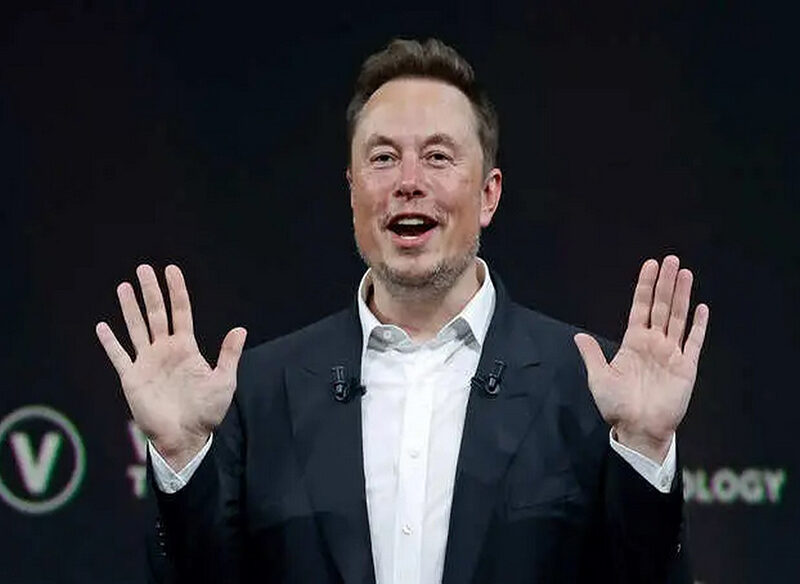Elon Musk’s bold claim that Teslas would appreciate in value post-purchase has come under scrutiny as recent reports indicate a contrasting reality. Let’s delve into the assertions made by Musk and the subsequent market dynamics surrounding Tesla’s value proposition.
Musk’s Assertion and Initial Promises
In 2019, Musk touted Teslas as “appreciating assets,” fueled by the brand’s innovative self-driving features. This assertion diverged from the conventional wisdom in the auto industry, where vehicles typically depreciate in value over time. Musk’s optimistic projections positioned Tesla as a unique player offering vehicles that would retain or increase in value, challenging prevailing norms.
Discrepancy Between Projections and Reality
Contrary to Musk’s assertions, recent analyses suggest that Teslas have not appreciated in value as predicted. Reports indicate a depreciation trend across Tesla models, including the Model 3, which experienced a decline in resale value despite initial price surges during the pandemic. The discrepancy between Musk’s optimistic projections and the observed market dynamics underscores the complexities of predicting automotive value appreciation.
Market Realities and Depreciation Trends
The broader automotive market adheres to a standard depreciation model, with vehicles typically losing a significant portion of their value shortly after purchase. Despite Tesla’s efforts to maintain competitive pricing and stimulate demand through price reductions, market forces have dictated a decline in resale values. Factors such as increased competition, evolving consumer preferences, and market saturation contribute to Tesla’s challenges in sustaining resale value.
Implications for Tesla’s Market Position
Tesla’s pricing strategies, including substantial price cuts and aggressive sales tactics, have aimed to bolster market share and maintain competitiveness. However, diminishing resale values and a decline in market dominance suggest challenges in achieving sustained growth. As Tesla faces intensified competition and grapples with concerns over product quality, the company must reassess its strategic approach to navigate evolving market dynamics.
Novelty versus Long-Term Viability
While anecdotal instances of Tesla Cybertrucks reselling at a premium highlight moments of novelty and enthusiast demand, such occurrences may not reflect broader market trends. Concerns surrounding product durability, such as reports of rust spots on Cybertrucks, underscore the importance of long-term reliability and customer satisfaction in sustaining value appreciation.
Conclusion: Reconciling Projections with Reality
Elon Musk’s optimistic assertion regarding Tesla’s value appreciation post-purchase has encountered challenges in the face of market realities. While Tesla continues to innovate and expand its product offerings, achieving sustained value appreciation remains a multifaceted endeavor. As Tesla navigates market fluctuations and consumer preferences, aligning strategic initiatives with evolving market dynamics will be essential in realizing long-term success and maintaining competitive advantage in the automotive industry.










Comments